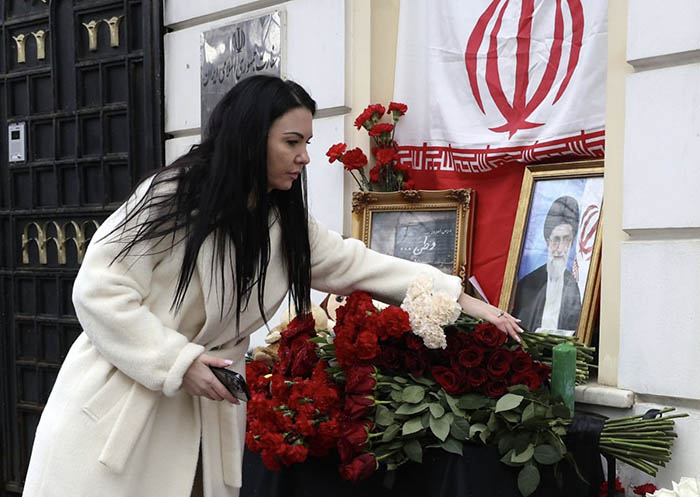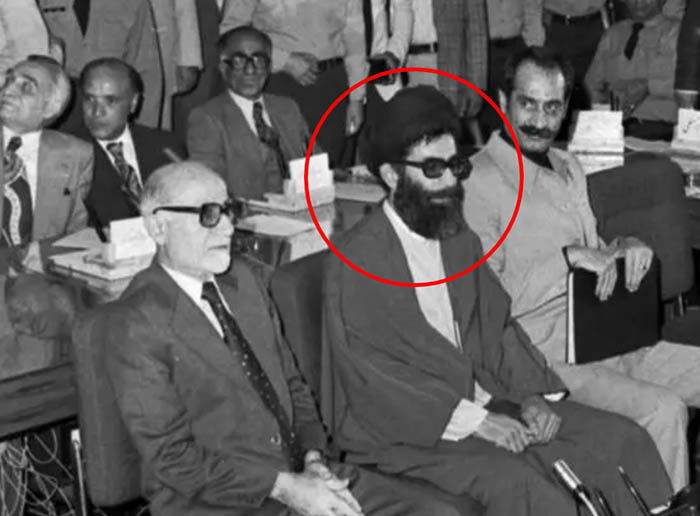More stories
U.S.–Israeli Attacks on Iran — Full Comprehensive Coverage and Current Situation (2026 Conflict)
Introduction On February 28, 2026, coordinated military operations by the United States and Israel marked the beginning of a major … Continue reading ➝
Tributes to Ali Khamenei Outside Embassies in Moscow and Bishkek After U.S.–Israel Strikes
Introduction Flowers, portraits, candles, and handwritten messages appeared outside the Iranian Embassy in central Moscow on March 3, 2026, as … Continue reading ➝
Refugees in Turkey: nationals are arriving in Turkey through the Razi-Kapikoy border crossing
Introduction The Turkey–Iran border crossing crisis has rapidly become one of the most searched global news topics following the dramatic … Continue reading ➝
U.S.-Israeli Airstrikes on Tehran: Full Report on the March 2, 2026 Attacks, Destruction, and Regional Escalation
Introduction On March 2, 2026, the capital city of Tehran became the epicenter of one of the most significant military … Continue reading ➝
Ali Khamenei: Leadership of the Islamic Republic (1979-1989) and the Role of the Supreme Defense Council
Introduction Ali Khamenei, born on July 17, 1939, in Mashhad, Iran, is the current Supreme Leader of the Islamic Republic … Continue reading ➝





